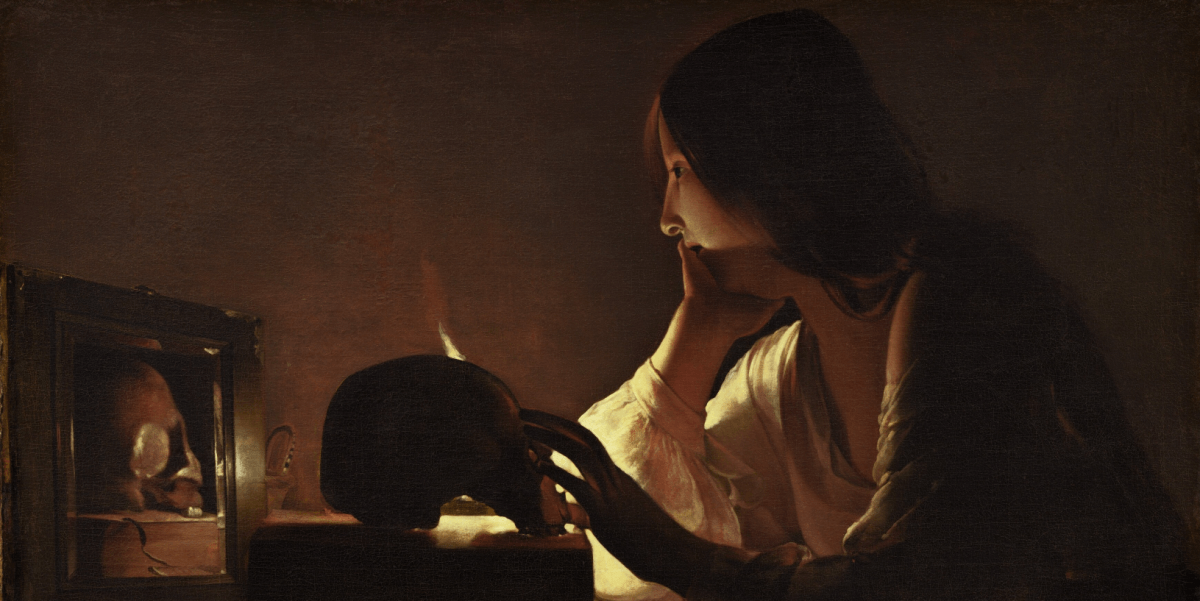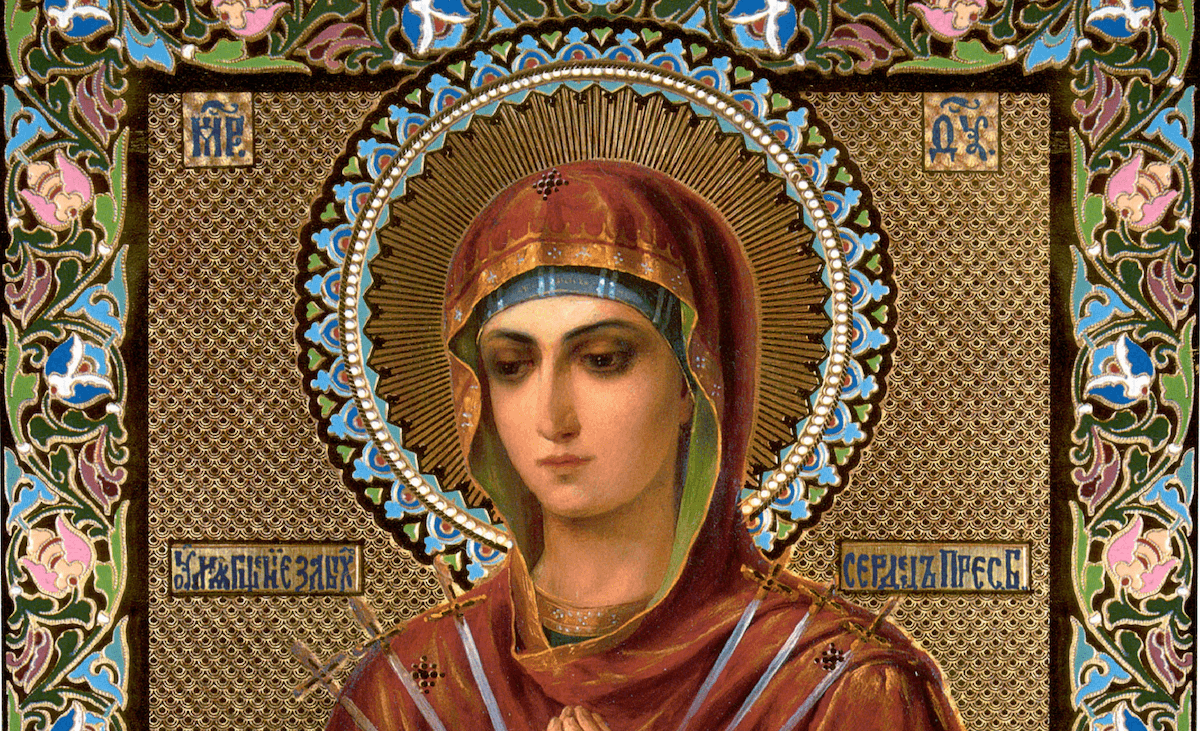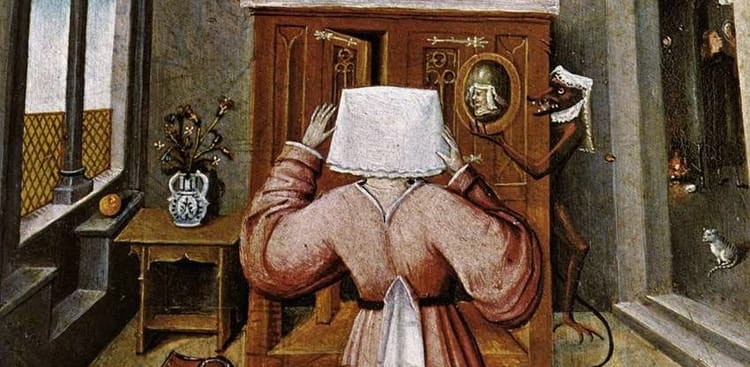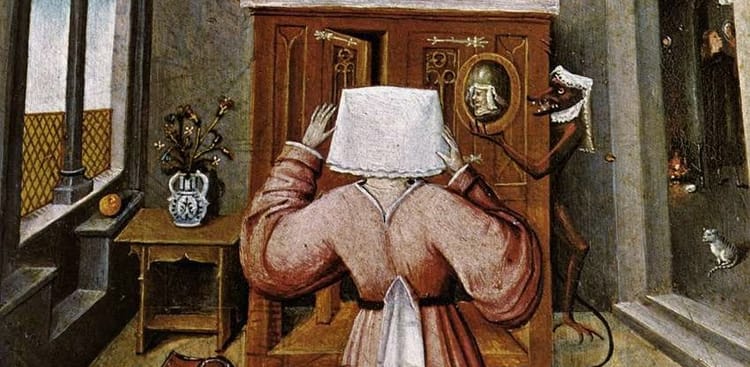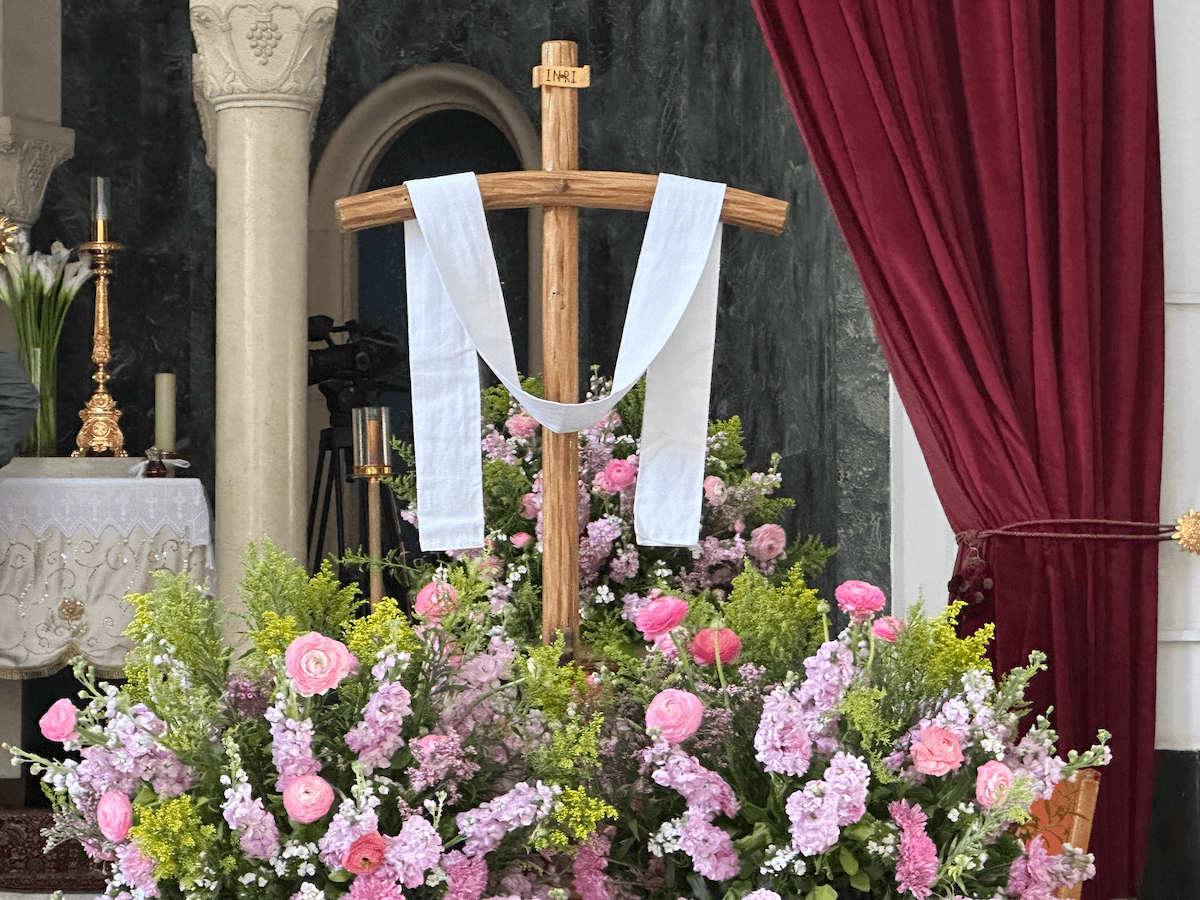On Fear of God. Part I
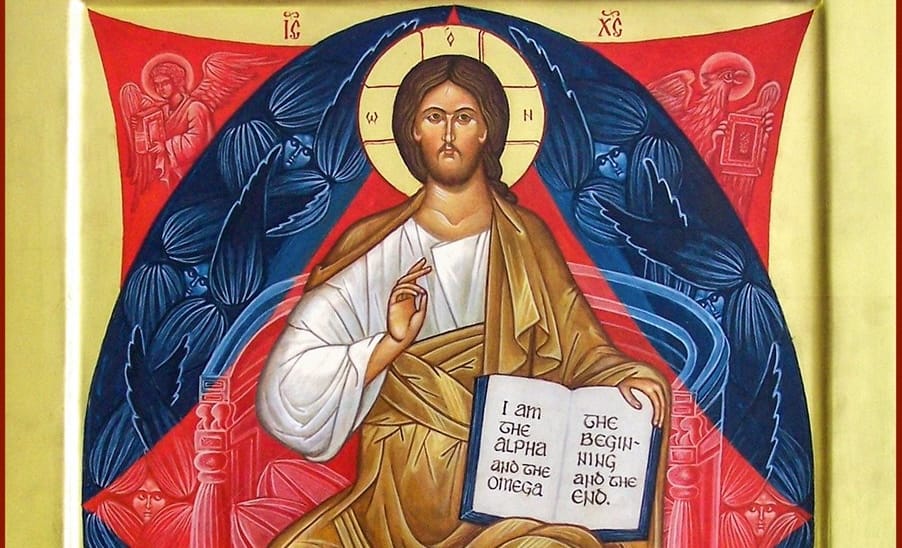
All of us, brothers and sisters, often struggle with two main transgressions. The first is that we do not know how to pray. We never actually learn to pray and never seek to get better at it. The second is that we lack something that every saint had. Something that both the Old and New Testaments consider a necessary condition for serving God. That something is fear of God. We do not have it or barely have it, and these days many think you do not even need it. We often forget that God is not only our Saviour but also our Judge. He is not only merciful but also just. The Holy Church constantly reminds us that we must fear God; we are reminded of it through the works of the Fathers, through prayers and through chants.
When you come to church, recall the prayer the deacon says during the ektenia: ‘For this holy House, and for those who with faith, reverence, and fear of God enter therein, let us pray to the Lord’. This common prayer is followed by more specific intentions: ‘for the sick and the suffering’ and ‘for captives’. During the all-night vigil, we sing: ‘Serve the Lord with fear, and rejoice with trembling.’ (Psalm 2:11), and the prophet tells God: ‘But as for me, I will come into thy house in the multitude of thy mercy: and in thy fear will I worship toward thy holy temple.’ (Psalm 5:7). In the Book of Sirach of the Old Testament we read: ‘The fear of the Lord is glory and exultation, and gladness and a crown of rejoicing.’ (Sirach 1:11). This means that it is not only us, neophytes, who need fear of God. Even those who have already attained Heaven still need it. It is not only us, sinners afraid of the Last Judgement, who are in need of this constant reminder to fear God. The saints remember this as well: ‘O fear the Lord, ye his saints: for there is no want to them that fear him.’ (Psalm 34:9).
Why do we need this fear? Those who do not understand should remember Christ’s words: ‘A new commandment I give to you, that you love one another’ (John 13:34). The Holy Fathers tell us that the Church is the Body of Christ, and love is what unites us in Christ. Without love, we are nothing. We need love; if we do not have love, we are not members of the Church or Christ’s disciples. We must have love and persevere in it. Yet how should we do that?
We find the answer in St. John Climacus: ’The growth of fear [of God] is the beginning of love’. Man always needs fear of God to attain love, in the Old Testament and the New Testament alike.
There are different states of love and different stages of fearing God. We fear God (if we have any fear of Him within us at all) because we can feel we are lowly and dirty. We tremble at the thought of having to face God’s judgement in our current condition. We start seeking to purify ourselves out of this fear. Yet this is only the first stage.
Abba Dorotheos says that there are two kinds of fear, one initial and the other perfect. The former follow His will out of fear of punishment. This fear is necessary, for it purifies us and makes us submit to God. Yet the perfect fear lies in following His will out of love. They fear not judgement and suffering, but to be separated from God — from the light and love they are already enjoying in communing with Him.
That is the perfect fear, or the perfect love. St. John the Apostle says that this kind of love ‘casts out fear’ (1 John 4:18).
We read the same in St. Maximus the Confessor:
The first is generated in us by the threat of punishment. It is through such fear that we develop in due order self-control, patience, hope in God and dispassion; and it is from dispassion that love comes. The second kind of fear is linked with love and constantly produces reverence in the soul, so that it does not grow indifferent to God because of the intimate communion of its love. The first kind of fear is expelled by perfect love when the soul has acquired this and is no longer afraid of punishment (cf. I John 4:18). The second kind, as we have already said, is always found united with perfect love.
St. Basil the Great describes three ways you could fear God. First, you could try to fulfil His commandments because you fear punishment. That is the mindset of a slave. You might follow His commandments out of fear of losing the reward He promised to those who follow His word. That is the lot of a contractor, and it is still better than the first way. Yet there is one more way, the highest possible. That is the way of a son who follows his Father’s will not because he is scared to be punished or to lose his reward, but out of love, because he fears offending or upsetting Him. We come to understand the words of St. Anthony the Great who said: ‘I no longer fear God, because I love Him’. He was, of course, no stranger to fearing God. He simply attained the highest possible stage of it, where it turns into love.
Yet perfect fear can only be attained by first passing through the initial, slavish fear. A son, when he comes of age, obeys his father not because he’s afraid of punishment or wants to be rewarded, but out of the love he has for him. He loves and honours him, knowing that his father’s estate is also his. Such a son shall hear: ‘So through God you are no longer a slave but a son, and if a son then an heir’ (Galatians 4:7). He no longer fears God in that first, initial way, but he loves Him. Our Lord Himself described this perfect fear, born out of love, when Abraham brought his son to God, ready to sacrifice him: ‘for now I know that you fear God’ (Genesis 22:12).
Therefore, we can acquire love of God through fear of God. In loving God, we also come to love our neighbour with the true Christian love that our Saviour spoke of.
We must always fear God and cultivate this fear within us. As we lack this fear, we must humbly begin at the initial, lowest stage. With God’s help, we should eventually attain the second stage. Yet it is not up to us to attain the perfect love; that would be God’s gift. Let us all, brethren, have fear of God. Every time you approach the Holy Communion, remember: ‘With the Fear of God, with Faith and Love draw near’.
